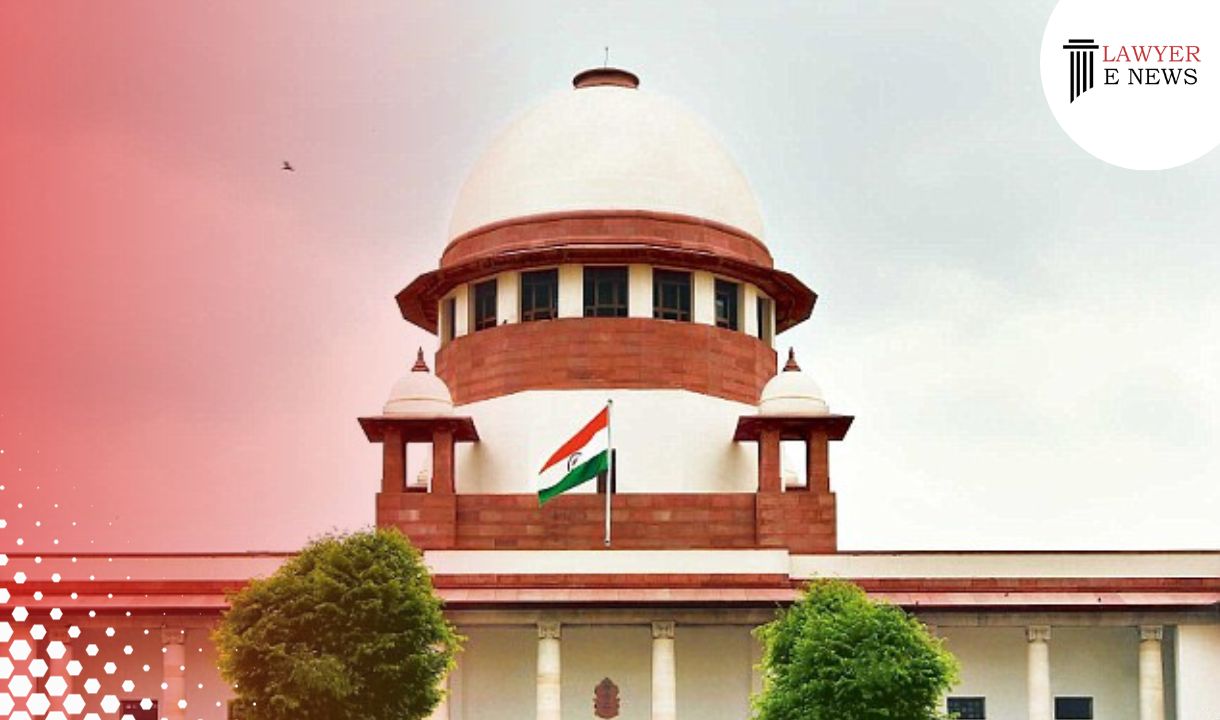-
by sayum
14 February 2026 2:22 PM



In a significant verdict aimed at protecting the privacy and dignity of individuals, the Supreme Court of India today directed a revision of the protocol concerning the inclusion of individuals in police “History Sheets,” particularly criticizing the undue inclusion of minors and innocent family members.
The appeal arose from the decision of the Delhi High Court which had dismissed a writ petition challenging the inclusion of the appellant’s minor children in his ‘History Sheet’ under the police surveillance records. The appellant, represented by Senior Advocate, contended that this inclusion was a violation of the rights to privacy and dignity under the Constitution.
The issue began when the appellant’s name, along with those of his minor children, was entered into the ‘History Sheet’ at a local police station as part of a routine surveillance procedure of individuals labeled as ‘history sheeters’. The appellant argued that his children had no criminal involvements and their inclusion was baseless and illegal.
Protection of Minors and Family Members: The Court emphasized the need for police to adhere strictly to Section 74 of the Juvenile Justice Act, which prohibits disclosing the identity of minors in conflict with the law. It was noted that the police had failed to respect the privacy and dignity of the appellant’s children, treating them unjustly as extensions of their father’s alleged criminal profile.
Revised Surveillance Protocols: The amended Standing Order issued by the Delhi Police now specifies that only those who might harbor an offender or have criminal associations should be listed in ‘History Sheets’. Justice Surya Kant remarked, “the mere familial relation to a suspect does not justify their inclusion.”
Nationwide Implications: The judgment further mandates a nationwide review of similar police practices. All states and Union Territories have been directed to consider the implications of their current practices on the dignity and privacy of individuals, particularly those from vulnerable communities.
Decision: The Supreme Court allowed the appeal in part, modifying the High Court’s judgment. It ordered the immediate removal of the appellant’s children’s names from the History Sheet and the implementation of revised protocols that strictly limit the inclusion of individuals to those with active roles in harboring or aiding criminals.
Directions for Future Enforcement: A senior officer is to audit and review all such entries regularly to prevent misuse. The Court’s directive also hints at broader reforms intended to protect against bias in police practices across India.
Date of Decision: May 7, 2024.
Amanatullah Khan vs The Commissioner of Police, Delhi & Ors.
